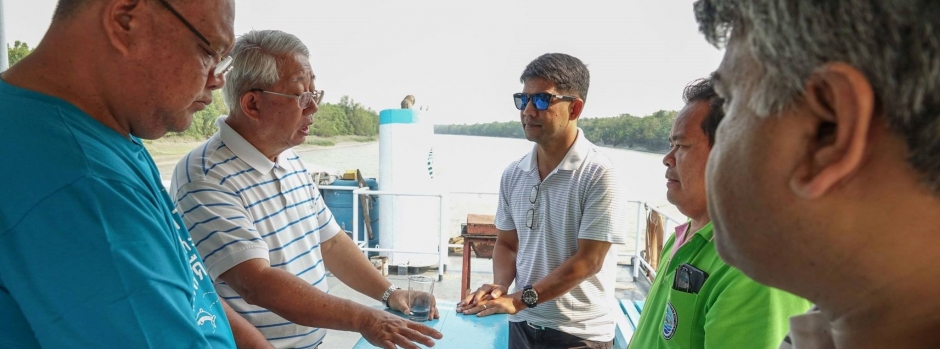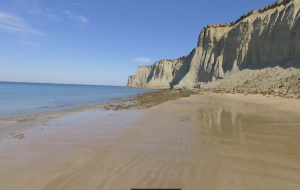Knowledge Hub :: MFF Solutions :: Governance
Governance

Representative from Thailand participate in a learning excha ... , Sundarbans, Bangladesh © Siriporn Sriaram, MFF Thailand
Coastal Governance is the processes and institutions by which coastal areas are managed by public authorities in association with communities, industries, NGOs and other stakeholders through national, sub-national and international laws, policies and programmes; as well as through customs, tradition and culture in order to improve the socio-economic conditions of the communities that depend on these areas and their living resources.
Good governance starts with multi-stakeholder engagement and participation in decision-making processes for coastal resources management. Stakeholders include a diverse number of users such as fishers, tourism operators, coastal developers, ports and shipping industry, environmental conservationists. Both communities of local resource users and government (local, provincial or regional) share responsibility and authority for managing and determining sustainable development of coastal resources. Management power and responsibility for coastal resource management is shared cross-scale, among a hierarchy of management institutions, matching the cross-scale nature of coastal management issues. An example of governance includes co-management arrangements between local community and local government, inter-agency coordination…
Building resilience of socio-ecological systems involves learning and innovation, self-regulation, accountability and shared knowledge and decision-making by all stakeholders. Working with, rather than against political institutions is vital, in order to reducing risks and building resilience effectively, equitably and sustainably.
Here you will find examples of projects and activities implemented by MFF that have contributed to strengthening resilience of coastal communities by addressing governance related issues.
